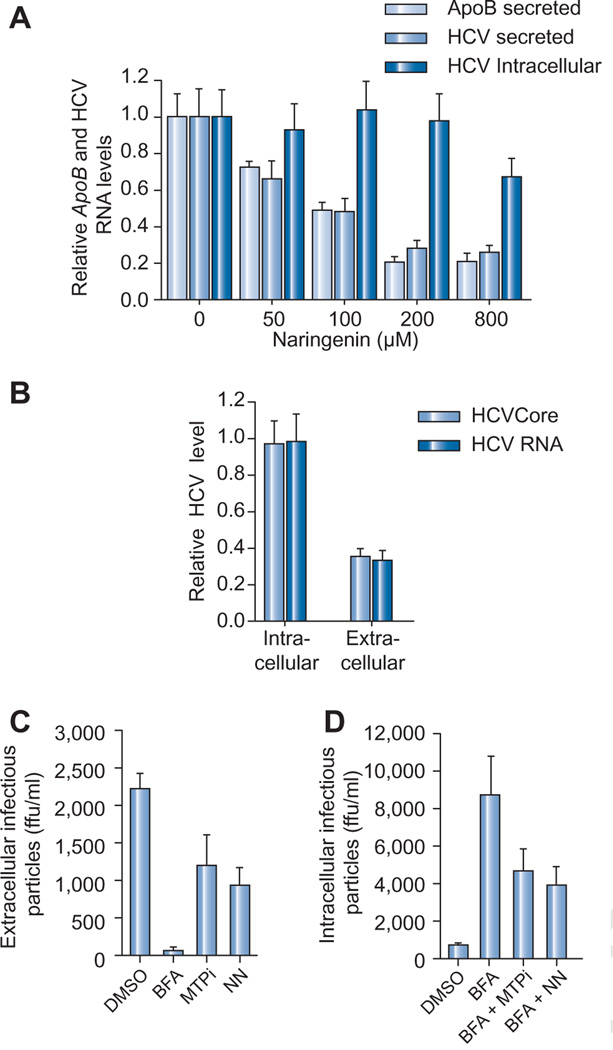Fig. 1. Naringenin blocks the assembly of HCV-infectious particles.
(A) Naringenin dose-dependently inhibits ApoB-100 and HCV RNA secretion in JFH1-infected Huh7.5.1 cells. HCV RNA did not accumulate in cells. Maximal inhibition of HCV RNA secretion was 74 ± 4% at 200 µM naringenin at 24 h (p < 0.001). (B) 24 h of treatment with 200 µM naringenin decreased the secretion of virus into the media, but did not change the amount of viral RNA or core protein inside cells. Values are normalized to untreated controls. (C) Infected cells were treated for 5 h with 0.1 µg/ml BFA, an inhibitor of Golgi-dependent secretion, 10 µM of BMS-200150, a known MTP inhibitor (MTPi), or with 200 µM naringenin (NN). Infectivity of the secreted virus (extracellular) was quantified by colony titer. Extracellular infectivity was blocked by BFA treatment and inhibited by both BMS-200150 and naringenin, by 45% and 68%, respectively (p < 0.02). (D) To measure changes in the accumulation of intracellular infectious virus particles, the cells were lysed by freeze–thaw cycle and the virus-containing supernatant was used in an infectivity titer assay. BFA treatment led to accumulation of infectious virus in cells. Co-treatment of BFA with BMS-200150 blocked the accumulation of infectious virus in cells, leading to a 46% (p < 0.05) decrease in infectious particle accumulation. Naringenin had a similar effect to that of the MTP inhibitor, leading to a 55% (p < 0.05) decrease in infectious particle accumulation.

